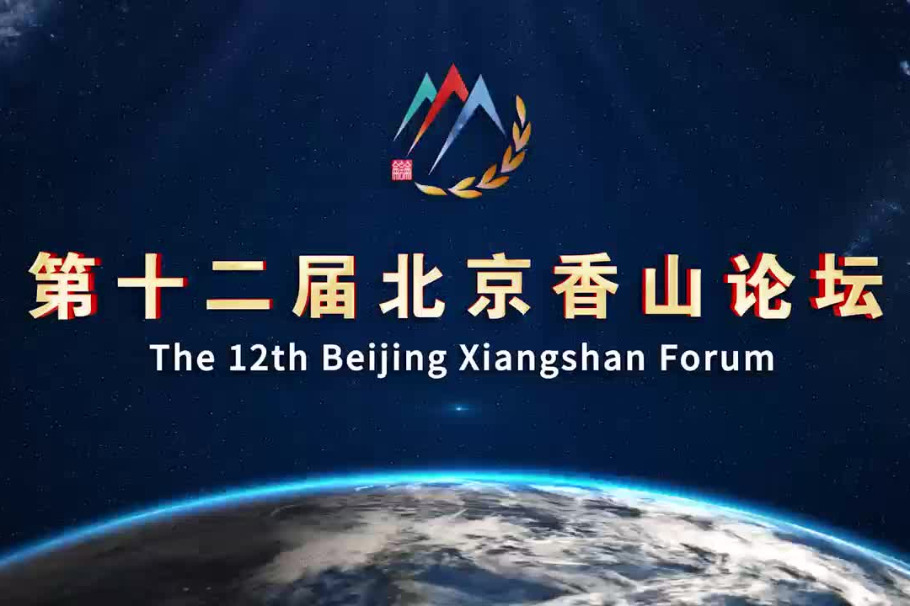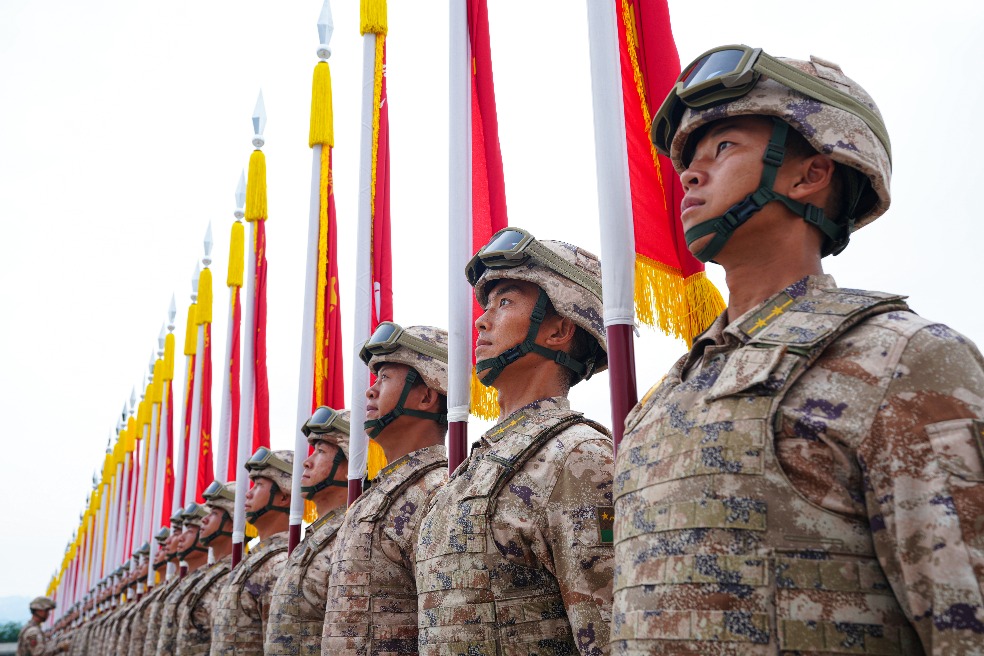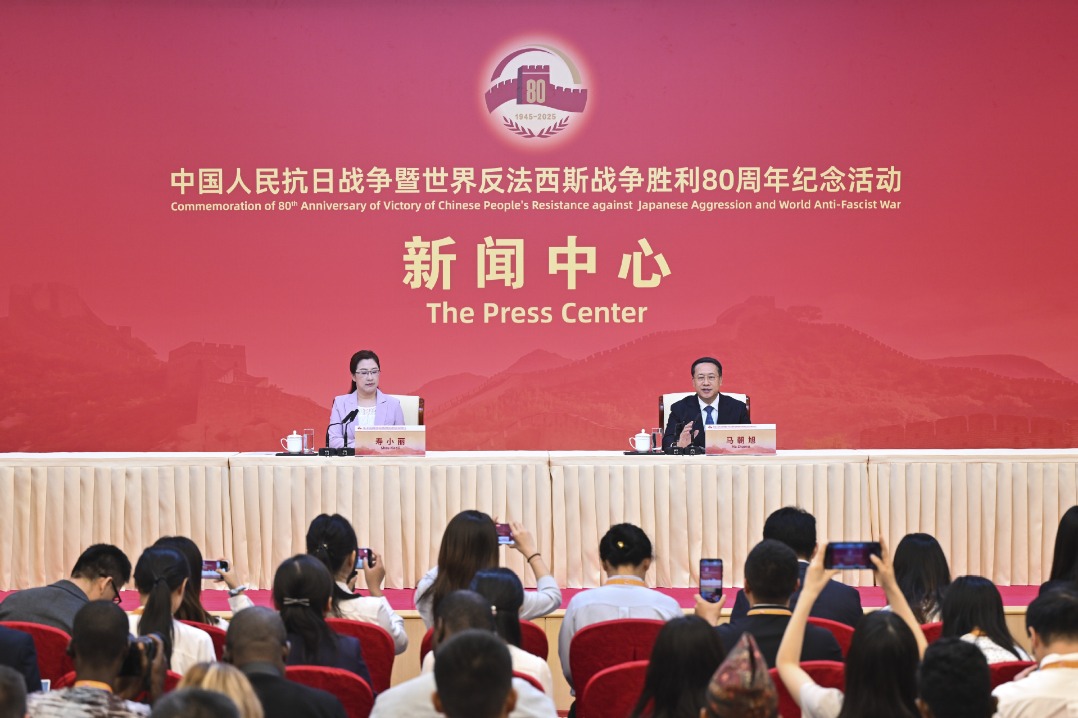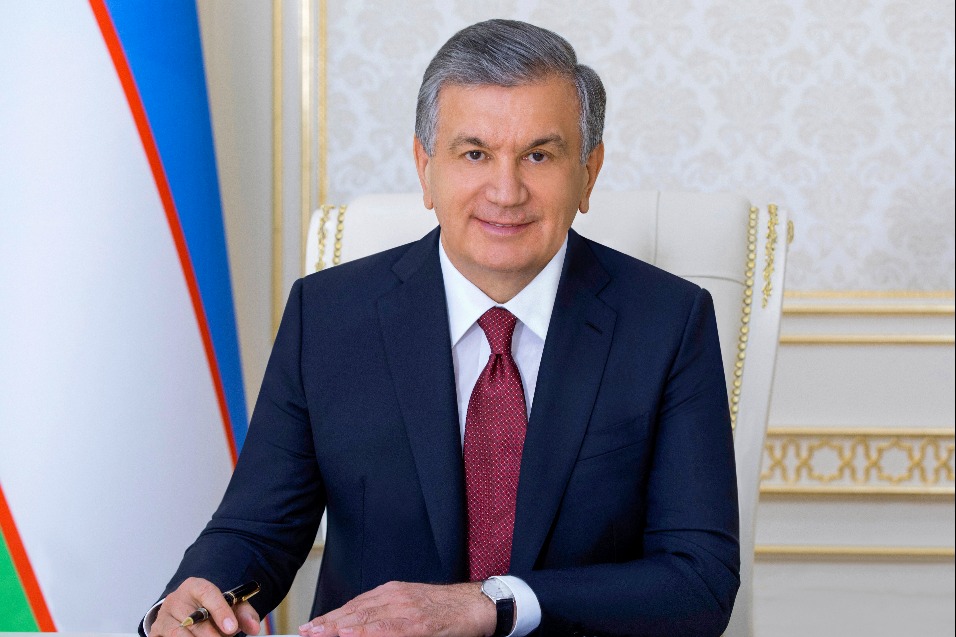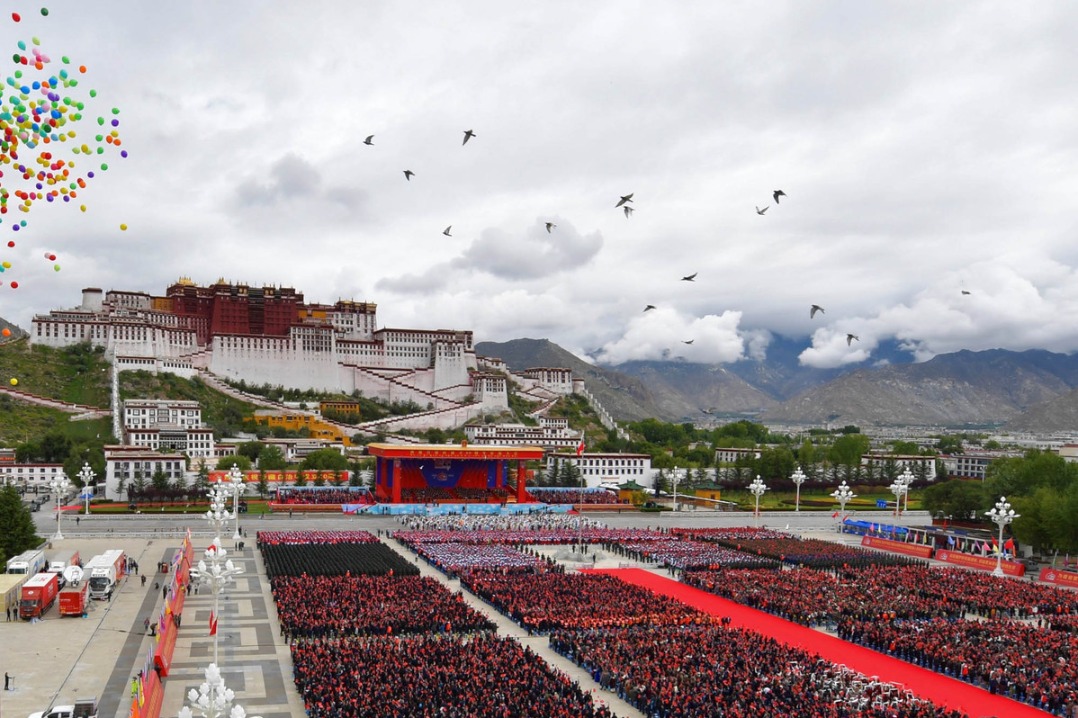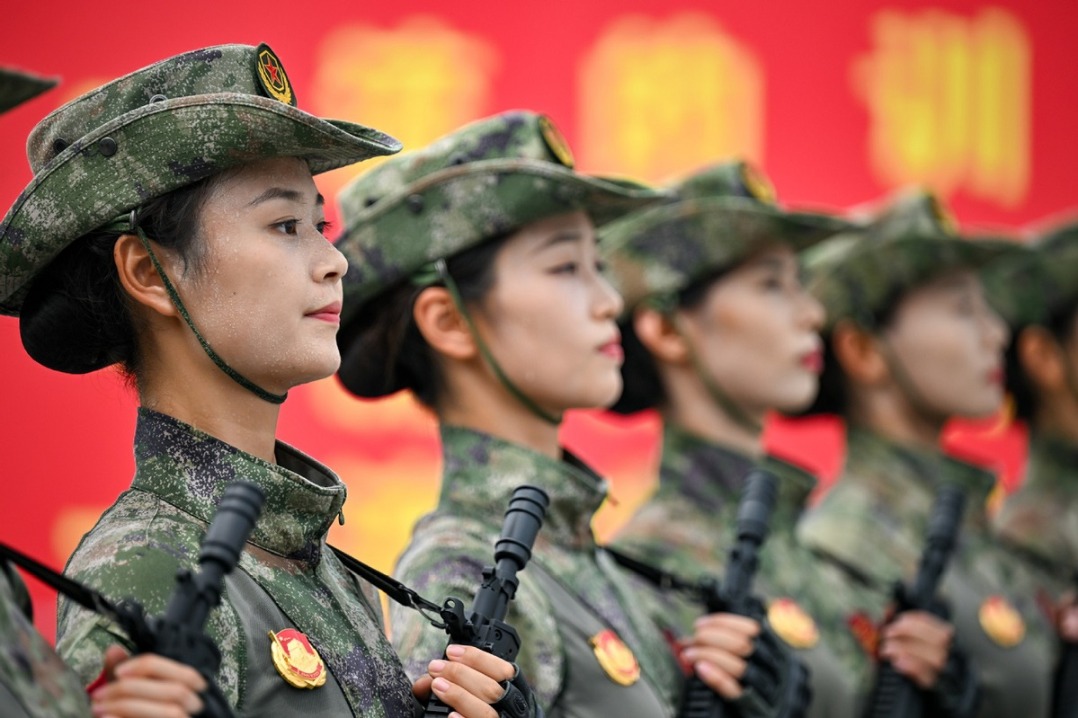Pitfalls, opportunities in Sino-EU ties

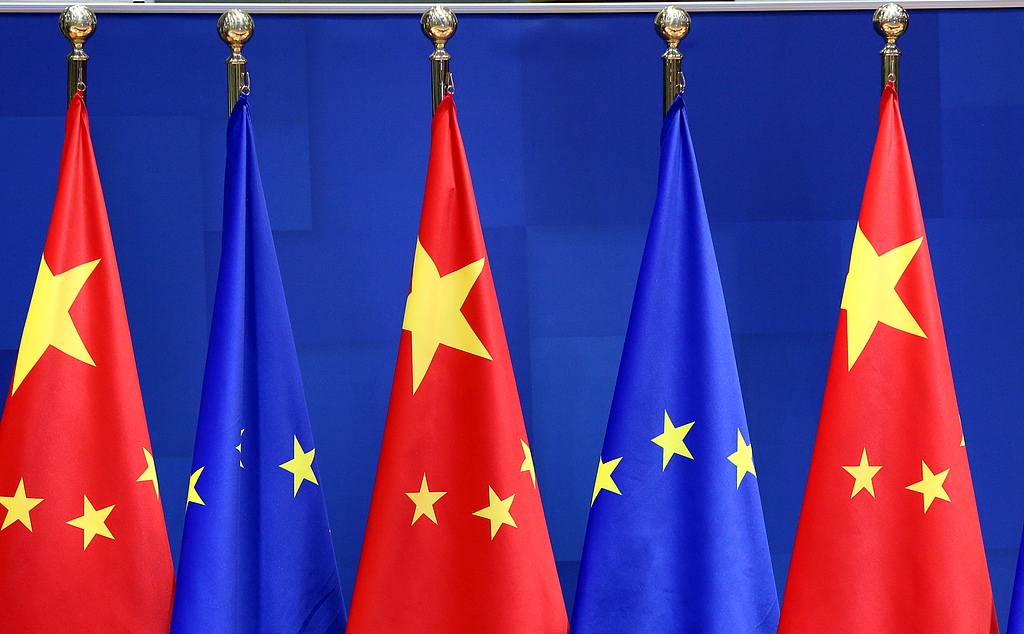
European Commission President Ursula von der Leyen's and European Council President António Costa's visit to China on Thursday to attend the China-EU Summit coincides with a major shift in global geopolitics and the rapid decline of multilateralism, which emerged from the ruins of World War II.
Also, the global balance of power has been undergoing significant changes in recent times, with the rapid economic, technological and political ascent of China playing an important role in the process. Over the past few years, this process has further accelerated because of the Russia-Ukraine conflict and US President Donald Trump's protectionist policies. Trump's shifting position toward US allies and competitors alike, as well as the uncertainty caused by the trade war he has launched have pushed the world into a period of instability and unpredictability.
It is perhaps for these developments that the European Union and China have in recent years more frequently found themselves on opposite sides than before. However, in some observers' eyes, distrust between Brussels and Beijing has grown, because the lack of regular consultations and dialogue has played a key role in the West falsely believing China is supporting Russia, which Western powers, especially the EU, perceive as a security threat.
At the same time, the EU is trying to adapt to the emerging consensus in the United States, where opposition to China is one of the few issues that unites both the political parties. Over time, therefore the EU's policy toward China has turned into measured restraint.
Despite these developments, many consider that von der Leyen is visiting China without a clear mandate to deepen comprehensive cooperation between the EU and China.
On the other hand, Trump's tariffs on imports from many of its trade partners, including the EU and China, have not prompted the EU to change its attitude toward China. Since trade relations are extremely important for both China and the EU, the US tariffs would have, under a different geopolitical situation, prompted them to strengthen trade cooperation. But that is not happening — at least not to the extent one expected.
Brussels is cautious about strengthening cooperation with Beijing, partly because many of its member states are also members of NATO and partly because the West sees Beijing's justified stance on the Taiwan question as aggression.
All of this must be seen in light of China's fast-paced, multifaceted advancement over the past couple of decades, which the US sees as a challenge to its global economic dominance. While I generally agree with most analysts that China is the primary focus of the US' global policy, I believe Trump's intention to secure a trade agreement with China reflects his aim to curb China's rise and use it as an opportunity to reindustrialize the US while maintaining its global economic and political primacy.
However, unlike the US, the EU does not have the same room to maneuver in order to reshape the global economic and political landscapes, and given its declining competitiveness and increasing security vulnerabilities, the bloc has to adapt to circumstances.
This applies to its relations with China, too. However, Sino-EU strategic, particularly trade, relations have been developing despite the changed scenario. Incidentally, despite the EU officially designating China as a partner, competitor and systemic rival, both sides continue their mutually beneficial trade in goods and services, with their trade volume increasing from €793 billion ($927.95 billion) in 2023 to€845 billion in 2024, with the major goods being machinery, automobiles, telecommunications equipment, pharmaceuticals and optical instruments.
Moreover, the China-proposed Belt and Road Initiative has helped expand cooperation between the EU and China, though some EU analysts suggest that current geopolitical complexities present new challenges for the initiative.
It will be interesting to see whether the EU and China deepen cooperation at least in climate action. So far, Sino-EU joint initiatives and investments in wind, solar and hydro power have been relatively successful, accompanied by exchanges of know-how and technology, for instance, in energy storage and smart grids.
The same applies to green transport. The EU remains open to Chinese-made electric vehicles but is also conducting "investigations into subsidies" to protect its market from dumping. It remains to be seen whether the EU's waning commitment to green transition will reflect in its new seven-year budget and further impact its cooperation with China in this field, especially because security concerns have overshadowed green transition within the EU.
When it comes to artificial intelligence, the EU and China have very different regulations — while the EU emphasizes the importance of transparency and accountability in AI ethics, China has its own system of guidelines which are more focused on development and competitiveness.
It is clear therefore that geopolitical rivalry, security concerns, differences in standards and values, and equal market access greatly influence relations between the EU and China. Despite that, the most important factor in China-EU relations is that we are living in times of exceptionally intense changes in global politics and economy, driven primarily by the US, to whose policies the EU is more or less adapting to.
Yet, and precisely because of these developments, it is worth noting that Brussels is more aware of these changes than ever before, and important practical shifts are already taking place, both in politics (strategic autonomy) and in the economy. This will likely be reflected in the EU's upcoming seven-year budget of about €2 trillion, placing strong emphasis on security and productivity. Greater EU autonomy, especially in relation to the US, while maintaining the Western alliance — could potentially deepen mutual trust and cooperation between the EU and China in the long term. However, this will largely depend on whether current global geopolitical tensions are defused peacefully or not.
The author is former prime minister and president of the Republic of Slovenia (2012-22). The views don't necessarily reflect those of China Daily.
If you have a specific expertise, or would like to share your thought about our stories, then send us your writings at opinion@chinadaily.com.cn, and comment@chinadaily.com.cn.
















